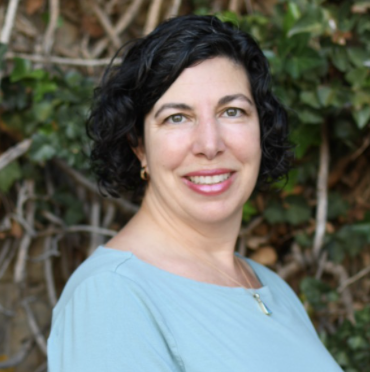- Professor, ETH Zurich
Kelly Ormond is a genetic counselor (US ABGC certified) and ELSI researcher. She received her MS in Genetic Counseling from Northwestern University (1994) and a post-graduate certificate in Clinical Medical Ethics from the MacLean Center at the University of Chicago (2001). She joined the Health Ethics and Policy Lab as a Senior Scientist in February 2021, and is an Adjunct Professor in the Department of Genetics at Stanford School of Medicine, Stanford University, California, USA .
Prior to joining ETH, Kelly practiced as a clinical genetic counselor in the United States for >25 years, gaining experience in reproductive genetics, teratology, pediatric/medical genetics, adult neurogenetics, cancer genetics and primary care applications of genetic testing. She has spent over 20 years educating MS level genetic counselors as the training program director at Northwestern University (Chicago, IL 1999-2007) and Stanford University (California 2007-2020), including teaching courses in medical genetics, counseling skills, ethics and research skills. She has served on appointed committees and boards for many US national genetics organizations (ASHG, NSGC, ACMG), and currently serves on the ESHG Program Committee. She is also the current President of the Transnational Alliance for Genetic Counseling (TAGC).
While at Stanford, Kelly worked as a faculty member within the Stanford Center for Biomedical Ethics (SCBE), primarily participating in bioethics research about the intersection between genetics and ethics, particularly around the translation of new genetic technologies (such as genome sequencing, non-invasive prenatal diagnosis and gene editing) into clinical practice. She also served on the hospital ethics committee at Stanford from 2008-2020. Kelly’s recent research focuses on patient decision making, the role of uncertainty in decision making, consent and disclosure of genetic test results, personalized medicine, and the interface between genetics and disability.
